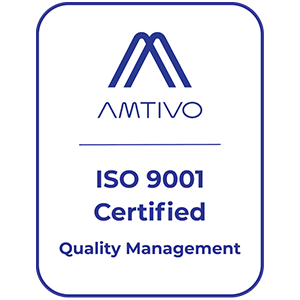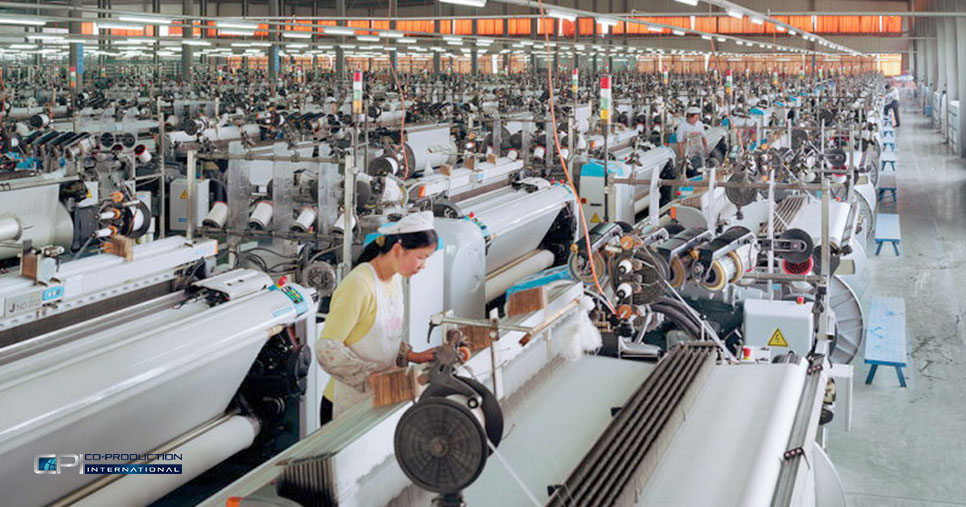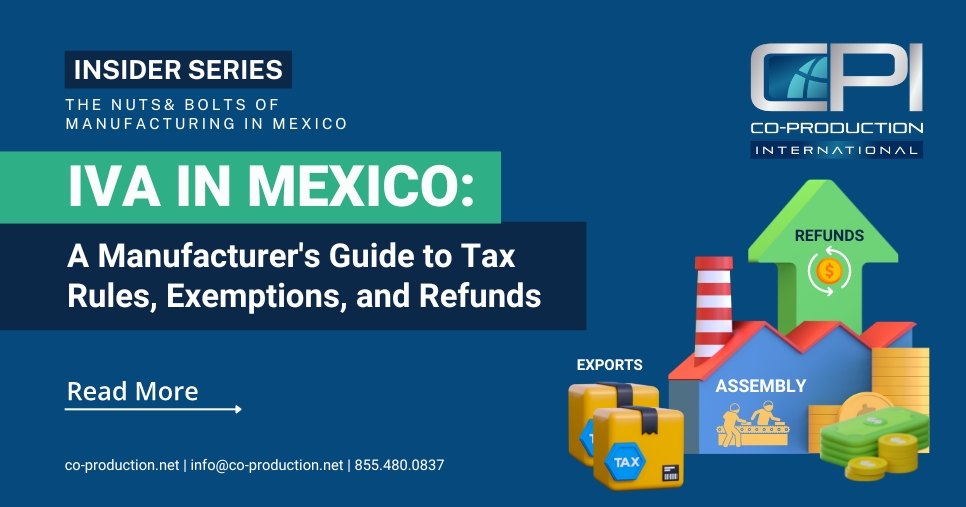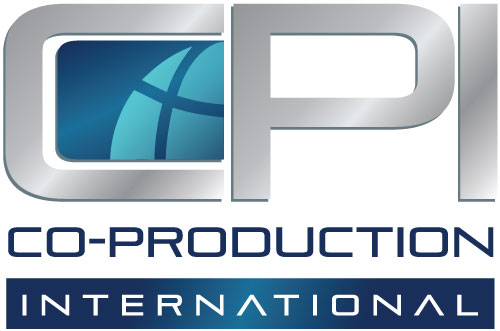On May 8, 2024, the Mexican government revoked the 35% tariff on unwrought unalloyed aluminum (i.e., primary ingots) and the 20% tariff on unwrought alloyed aluminum (i.e., billets and slabs). The revocation of the tariff comes less than a month after its implementation on April 22.
A decree published in the Official Gazette of the Federation has eliminated these tariffs. The federal administration acknowledged that there is currently insufficient domestic production of primary raw aluminum, both non-alloyed and alloyed, and that the availability of this material in countries with which Mexico maintains international trade agreements is inadequate. This situation, as stated in the decree, is affecting the ability to meet the demand of key industries such as automotive, autoparts, and electronics, among others.
"Currently there is no national production of primary raw aluminum (unalloyed and alloyed), and the availability of said merchandise in countries with which Mexico has signed an international treaty on trade matters is insufficient to satisfy the supply of the automotive industries and electronics, among others," the government said in a decree published in Mexico's Diario Oficial de la Federacion on May 8."
"This is why it is necessary to delete tariff items 7601.10 (primary unalloyed aluminum) and 7601.20 (primary alloyed aluminum) of the decree referred to in the previous paragraph, in order to avoid affecting the operation of the supply chain of said industries."
It is important to remember that these tariffs on foreign aluminum were part of a broader package that included over 500 new or increased tariffs declared by the government in April. This package also covered products such as steel, textiles, chemicals, and plastics. At that time, the measures were justified as aiming to provide certainty and fair market conditions for sectors of the domestic industry facing vulnerability due to unfair international trade practices.
The aluminum tariffs were originally included in the April tariff announcements to "provide certainty and fair market conditions for the sectors of the national industry that face situations of vulnerability, derived from practices that alter and affect international trade, and thus promote the development of the national industry and support the internal market."
The National Chamber of the Aluminum Industry (Canalum) has issued a statement acknowledging the sensitivity of the Ministry of Economy in addressing the request to revoke tariffs on this metal, considering the capacities and needs of Mexican manufacturing companies. According to Canalum, the tariffs' revocation will help ensure the supply of raw materials necessary for the production processes of various industries. "On behalf of the national aluminum industry, we express our deep appreciation and thanks to Raquel Buenrostro, Mexico's Secretary of Economy, for her sensitivity to this request, considering the capabilities and needs of Mexican companies and maintaining the competitiveness of key value chains for the national industry," Canalum said in a statement on May 9.
While the tariffs announced in April are still in place for the entire continuum of extruded profiles, which protect Mexican extruders from products entering Mexico for consumption, the cancellation of the tariffs on alloyed and unalloyed aluminum ensures the continuation of Chinese and Russian aluminum entering the US and Canadian markets via Mexico as extrusions. This revocation is crucial for the North American supply chain, as it helps maintain a stable flow of aluminum necessary for manufacturing processes across the continent.
The revocation of these tariffs is expected to have a positive impact on the manufacturing sector in Mexico. By ensuring a more stable and predictable supply of aluminum, industries such as automotive and electronics can continue to grow and remain competitive. This decision underscores the importance of international trade agreements and the need for balanced trade policies that support domestic industries while ensuring access to critical raw materials. The Mexican government’s swift response highlights its commitment to maintaining the competitiveness of its key industries in the global market.
Positive Response from the Mexican Aluminum Sector
The initial tariff on aluminum was seemingly implemented in response to pressure on the Mexican government from US trade officials and various North American aluminum industry trade groups to address the alleged influx of Chinese metal into Mexico and subsequent impacts on the US market. Lobbying from these groups focused on the need for Mexico to implement better trade monitoring and to specifically target metal from China, and possibly from Russia.
Mexico's blanket tariff on all aluminum imports from non-free trade countries exceeded these pleas and caught many market participants by surprise, with some worried that the move would hurt the country's aluminum-consuming manufacturers, such as automotive parts makers, and cause inflation across the North American aluminum market. Other observers believed the tariff would have a limited impact due to Mexico's rules and allowances for tariff exemptions.
Ultimately, Canalum, one of Mexico's major aluminum industry groups, said they asked Mexican trade officials to consider revoking the tariff on aluminum, and they welcomed the May 8 decree. "Likewise, we recognize the commendable work of Mr. Alejandro Malagón Barragán, president of the National Confederation of Industrial Chambers of the Mexican Republic, for the adjustment to the conditions of the decree, and for the great capacity to bring together in unity the efforts of the various industries and their chambers, agencies, and institutes.







.png)






